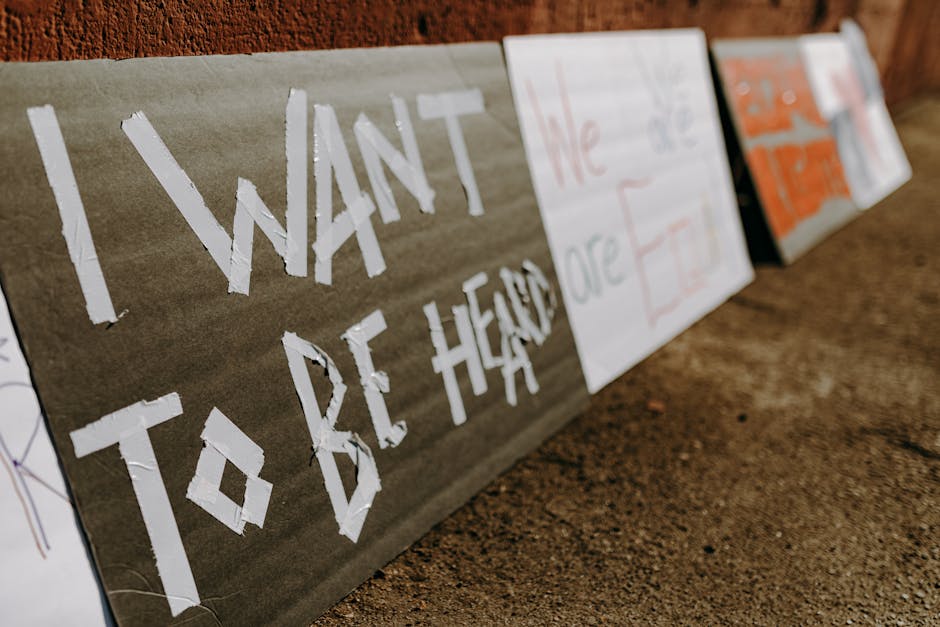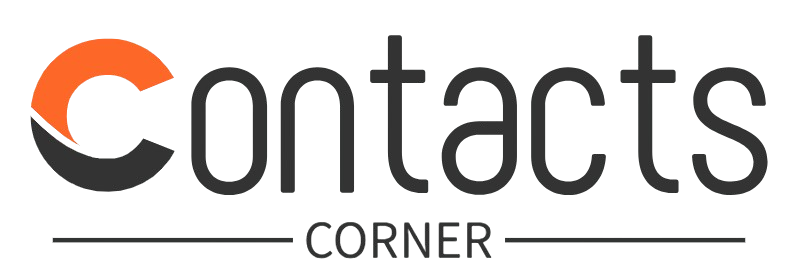The Impact of Social Media on Society
In today’s digital age, the influence of social media on society cannot be understated. From shaping our communication patterns to revolutionizing the way we consume information and interact with the world around us, social media has become an integral part of modern life. This article delves into the multifaceted impact of social media on society, exploring its various dimensions, implications, and controversies.
The Evolution of Social Media

Social media has come a long way since the early days of platforms like MySpace and Friendster. With the rise of giants like Facebook, Twitter, Instagram, and Snapchat, social media has transformed into a global phenomenon that pervades every aspect of our lives. These platforms have redefined how we connect with others, share our lives, and consume content.
Communication and Connectivity

One of the most significant impacts of social media on society is its role in enhancing communication and connectivity. Platforms like Facebook and WhatsApp have made it easier than ever to stay in touch with friends and family, regardless of geographical barriers. People can now share updates, photos, and videos instantaneously, fostering real-time connections that were previously impossible.
Moreover, social media has revolutionized the way we communicate with one another. The rise of emojis, memes, and GIFs has added new dimensions to online interactions, allowing individuals to express themselves in creative and playful ways. However, this shift towards digital communication has also raised concerns about the erosion of traditional face-to-face interactions and the quality of relationships.
Information Dissemination and Consumption

Another key impact of social media on society is its role in shaping how we consume and interact with information. Platforms like Twitter have become primary sources of news for many individuals, offering real-time updates on current events and trends. However, the abundance of misinformation, fake news, and echo chambers on social media have raised questions about the reliability and credibility of the information shared online.
Furthermore, social media algorithms play a significant role in determining the content that users see on their feeds, creating filter bubbles that reinforce existing beliefs and perspectives. This phenomenon has led to concerns about the polarization of society and the spread of disinformation, as individuals are exposed to a limited range of viewpoints.
Mental Health and Well-being

The impact of social media on mental health and well-being is a topic of growing concern. Studies have linked excessive social media use to increased feelings of anxiety, depression, loneliness, and low self-esteem. The constant comparison to curated, idealized representations of others’ lives on social media can lead to feelings of inadequacy and FOMO (fear of missing out).
Moreover, the addictive nature of social media platforms, characterized by endless scrolling and notifications, can disrupt sleep patterns, decrease productivity, and contribute to feelings of isolation. The pressure to present a perfect image online can also lead to issues of authenticity and self-esteem, as individuals feel compelled to maintain a certain persona on social media.
Privacy and Data Security
Privacy concerns surrounding social media have become increasingly prevalent in recent years. The collection and monetization of user data by tech companies have raised questions about the protection of personal information and the potential for data breaches. High-profile scandals like the Cambridge Analytica incident have underscored the need for stronger data privacy regulations and greater transparency from social media platforms.
Furthermore, the proliferation of targeted advertising on social media has raised questions about the ethics of micro-targeting and the manipulation of user behavior. The use of algorithms to track user preferences and habits has led to concerns about the erosion of privacy and the potential for social media platforms to influence political opinions and behaviors.
Social Activism and Mobilization
Social media has also played a crucial role in facilitating social activism and mobilization. Platforms like Twitter, Facebook, and Instagram have become powerful tools for organizing protests, raising awareness about social issues, and amplifying marginalized voices. The hashtag #BlackLivesMatter, for example, gained widespread traction on social media, sparking conversations about racial injustice and police brutality.
Moreover, social media has enabled grassroots movements to reach a global audience, connecting individuals with shared interests and goals. The Arab Spring, for instance, saw the widespread use of social media to coordinate protests and disseminate information, leading to political upheaval in several countries. The democratization of information on social media has empowered activists and citizens to hold governments and institutions accountable.
Education and Learning
Social media has also transformed the landscape of education and learning, providing new opportunities for collaboration, knowledge sharing, and skill development. Platforms like YouTube, LinkedIn, and Coursera offer a wealth of educational resources, ranging from tutorials and lectures to online courses and certifications. Social media has made learning more accessible and flexible, allowing individuals to acquire new skills and competencies at their own pace.
Furthermore, social media has revolutionized the way educators engage with students, fostering interactive and dynamic learning environments. Teachers can use platforms like Twitter and Instagram to share resources, communicate with students, and facilitate discussions outside the classroom. The integration of social media into education has the potential to enhance student engagement, creativity, and critical thinking skills.
Common Misconceptions
One common misconception about the impact of social media on society is that it is inherently negative and harmful. While it is true that social media can have detrimental effects on mental health, privacy, and information dissemination, it also has numerous positive aspects. Social media has the power to connect people across borders, amplify marginalized voices, and foster social change.
Comparative Analysis
When compared to traditional forms of media like television and print, social media offers unique advantages and challenges. While traditional media outlets provide curated, vetted information, social media offers a more decentralized and participatory platform for content creation and distribution. However, the lack of editorial oversight on social media can lead to the spread of misinformation and the amplification of extremist views.
Conclusion
In conclusion, the impact of social media on society is far-reaching and complex, influencing how we communicate, consume information, and engage with the world around us. While social media has revolutionized the way we connect with others, share our lives, and mobilize for social change, it also poses challenges related to privacy, mental health, and information integrity. As we navigate the evolving landscape of social media, it is crucial to critically examine its implications and strive for a more responsible and ethical use of these powerful tools.
To wrap things up, it is essential to recognize the power of social media in shaping our society and to harness this influence for positive change. By cultivating digital literacy, promoting online civility, and advocating for data privacy, we can harness the transformative potential of social media while mitigating its negative impacts. Let us embrace the opportunities for connection, creativity, and collaboration that social media offers, while remaining vigilant against its pitfalls.




